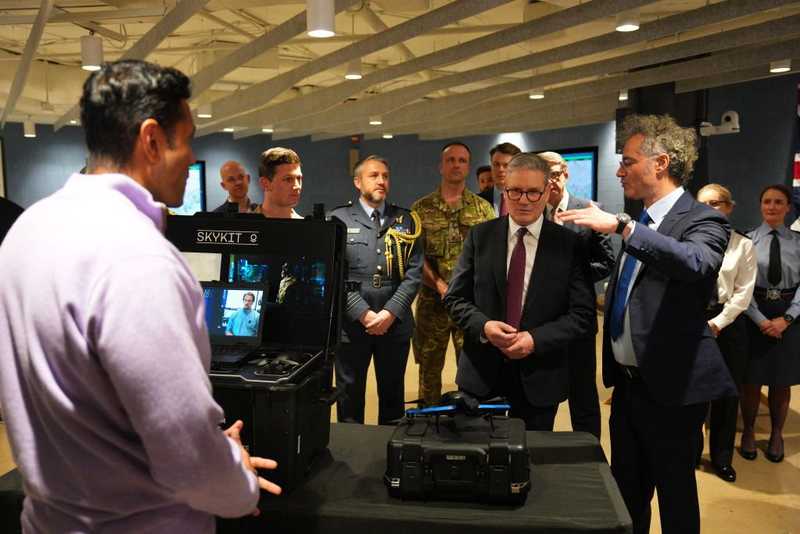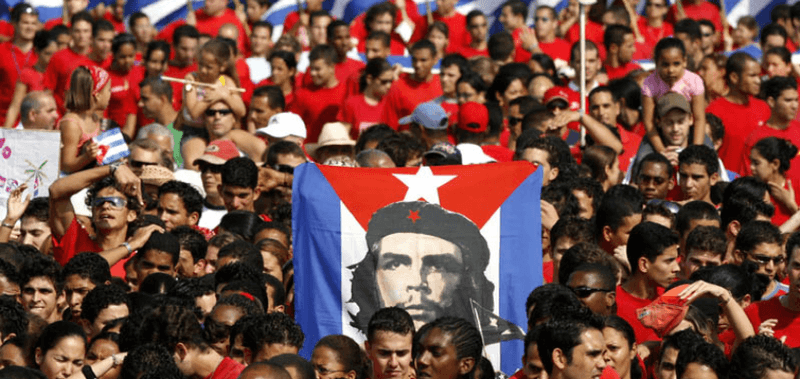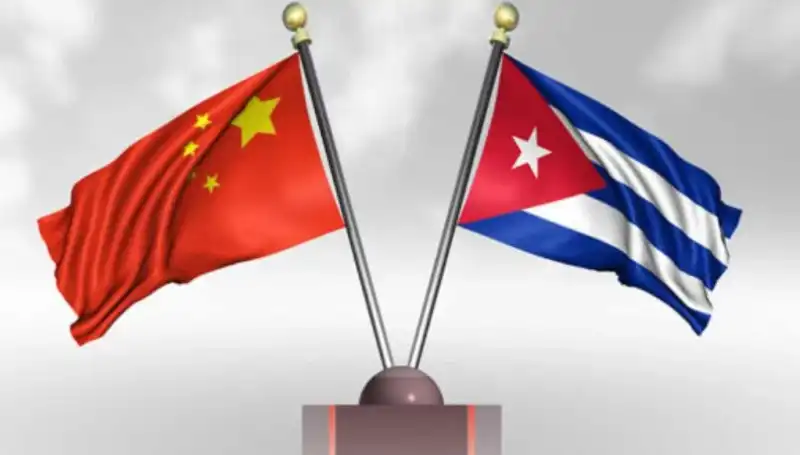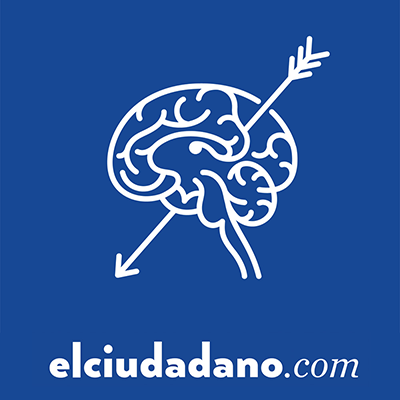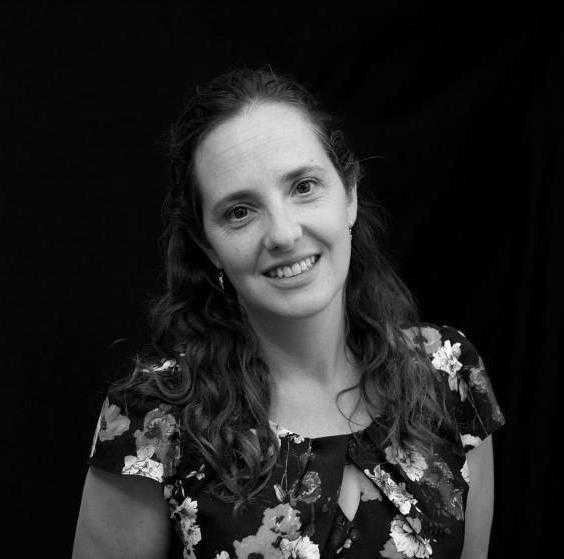
For decades, we have heard that only the free market ensures efficiency. In this moment, it is clear that profit-seeking markets cannot mobilise the medical resources required to save lives, protect vital and already-stretched public health services, stop economic collapse leaving millions homeless and destitute, safeguard production and distribution chains, or mandate changes in social behaviour.
So, let’s start from the premise that the state can achieve efficient outcomes, measured by societal need, not private profit. The Cuban domestic and international response to the global SARS-CoV2 pandemic illustrates this possibility. That a small island nation, subjected to hundreds of years of colonialism and imperialism and, since the Revolution of 1959, six decades of the criminal United States blockade, can play such an exemplary role is because the central plan directs national resources according to a development strategy which prioritises human welfare and community participation, not private profit.
Simultaneously, the punitive, relentless US blockade of Cuba has prevented the island from importing necessary medical equipment, like ventilators for Covid-19 patients, and even stopped the island receiving medical donations. US sanctions also prevent the world from accessing Cuban biotechnology products which have helped to keep the Covid-19 mortality rate so low on the island.
Despite these conditions, thousands of Cuban medical specialists have formed brigades in dozens of countries around the world, providing much-needed expertise to fight the coronavirus. Far from applauding this wonderful example of global North-South and South-South cooperation, the US administration has punished Cuba by placing it on Tier 3 of its ‘Trafficking in Persons’ report rankings, claiming that its international medical programmes constitute ‘forced labour’ and a form of ‘human trafficking’.
A new bill introduced to the US Congress in June 2020, ‘Cut Profits to the Cuban Regime Act of 2020’, threatens to put several CARICOM countries onto the ‘Tier 3’ on the Trafficking List for receiving Cuban medical assistance to fight Covid-19. Such a move will restrict future funding to those states and enable the US president to direct US-based development banks and the IMF to deny them loans.
While governments deny the obvious lessons from the global response to Covid-19, it is up to activists and intellectuals to ensure that the lessons are learnt. I am delighted to have this opportunity to participate in this internationalist Covid-19 Response Working Group and I hope that the recommendations made by Progressive International will be endorsed by a global movement that demands change.
